Tarjuma-I-Manakutuhala and Rasala-I-Ragadarpana is a combined treatise by Nawab Saif Khan, better known as Faqirullah; the first is translation (tarjuma) and the other an original treatise, on the subject of the practiced music of the time. In 1071 A.H. (1661) A.D. the author relinquished his job under Aurangzeb and went back to Sirhind, his own province. In these self-imposed retirement days, he took upon himself to draft the first copy of his risala. The work of translating the aforementioned Pothi, he undertook two years later in the year 1073 A.H. (1663 A.D.). And, as he himself states, “…a document such as this is worth all reliance, this Faqir set himself upon doing its tarjuma (translation); supplementing the same with other essentials. The idea has been to enable the seekers of knowledge to become less, dependant upon Bharat- Sangita, Sangitadarpana and Sangita-ratnakara…†As the seal on the manuscript folio declares, Faquirullah was both malik and musannif (owner and the author) of this nuskha (hand-written script). It is evident, Faquirullah finally completed both his translation and composition (tasnif) in the same continuation in the year 1076 A.H. (1666 A.D.).
ABOUT THE AUTHOR Shahab Sarmadee
Late Shahab Sarmadee (1914-94) graduated from the University of Allahabad, with vocal music as an optional subject (1934). He continued with the study of music at the Prayag Sangita Samiti, Allahabad, under the guidance of Pandit Kusalkar; he received traditional training in vocal music and tabla from Pandit Patwardhan, Ustad Yaqub Khan and Niloo Babu. In Lucknow he learned Thumri from Anath Nath Bose and Chottery Agha Sahib. He later worked for the All India Radio, Lucknow, as a Programme Producer. Thereafter, he was invited by the Centre of Advanced Study, Department of History at Aligarh Muslim University as a Visiting Fellow, under the stewardship of Prof. S. Nurul Hasan. He edited and annotated the fourteenth century anonymous text Ghunyat’ul Munya known to be one of the earliest works in Persian on Indian music (Aligarh and Bombay, 1978; English translation, forthcoming) and published a number of articles on various aspects of music mostly of the Sultanate period, while collecting and studying documents in Arabic, Persian, Sanskrit and other Indian languages on the subject of song, dance and drama, for his monumental bio-bibliographical survey, Nur-Ratnakar in two volumes. At the suggestion of late Prof. Prem Lata Sharma, he donated a number of research notes and documents used in the preparation of the Nur-Ratnakar to the Uttar Pradesh Sangeet Natak Academy, Lucknow. His critical edition and English translation of Nawab Saif Khan ‘Faqirullah’s Rag Darpan (1666) – a part of it being a Persian translation of Man-Kutuhal, a vernacular short treatise on music compiled under the patronage of Raja Man Singh Tomar of Gwalior (r. 1486-1516) – was published by the Indira Gandhi National Centre for the Arts and Motilal Banarsidass, New Delhi in 1996. Meanwhile his edition of Lahjat-I Sikandar Shahi written by Yahia al-Kabuli under the patronage of Sultan Sikandar Lodi (r. 1489-1517) was published by the Indian Council of Historical Research and Northern Book Centre, New Delhi, 1999. His Amir Khusrau’s Prose Writing on Music in Ijaz, introduced and translated into English is forthcoming (Calcutta Sangeet Research Academy). Driven by an insatiable kutuhal or intellectual and aesthetic curiosity, Shahab Sarmadee devoted his life to researching and studying original manuscripts and documents, with a particular sense of discrimination and awareness of the fine ligatures linking theoretical concepts and artistic practices from the Arab world to the Indian subcontinent, through Central Asia and Persia.

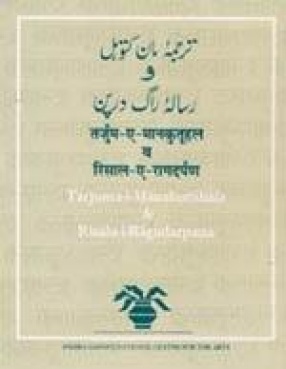
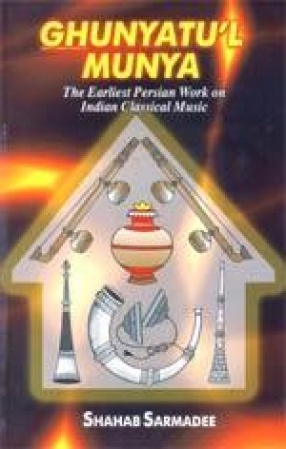
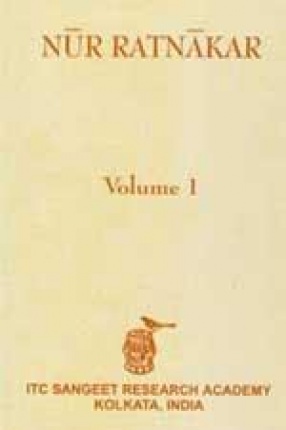
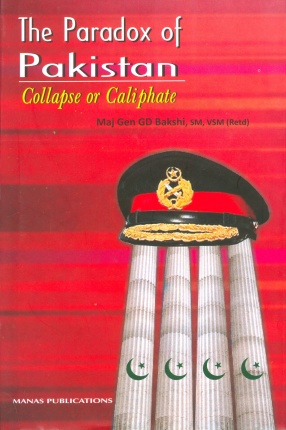
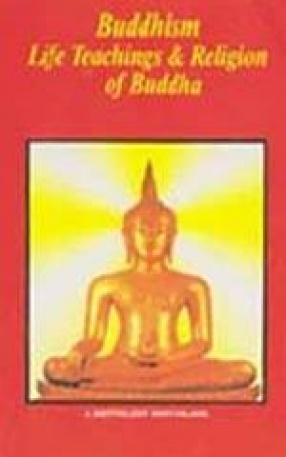
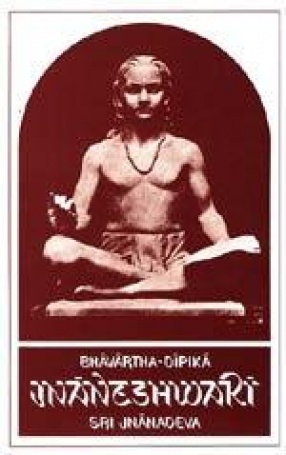
There are no reviews yet.